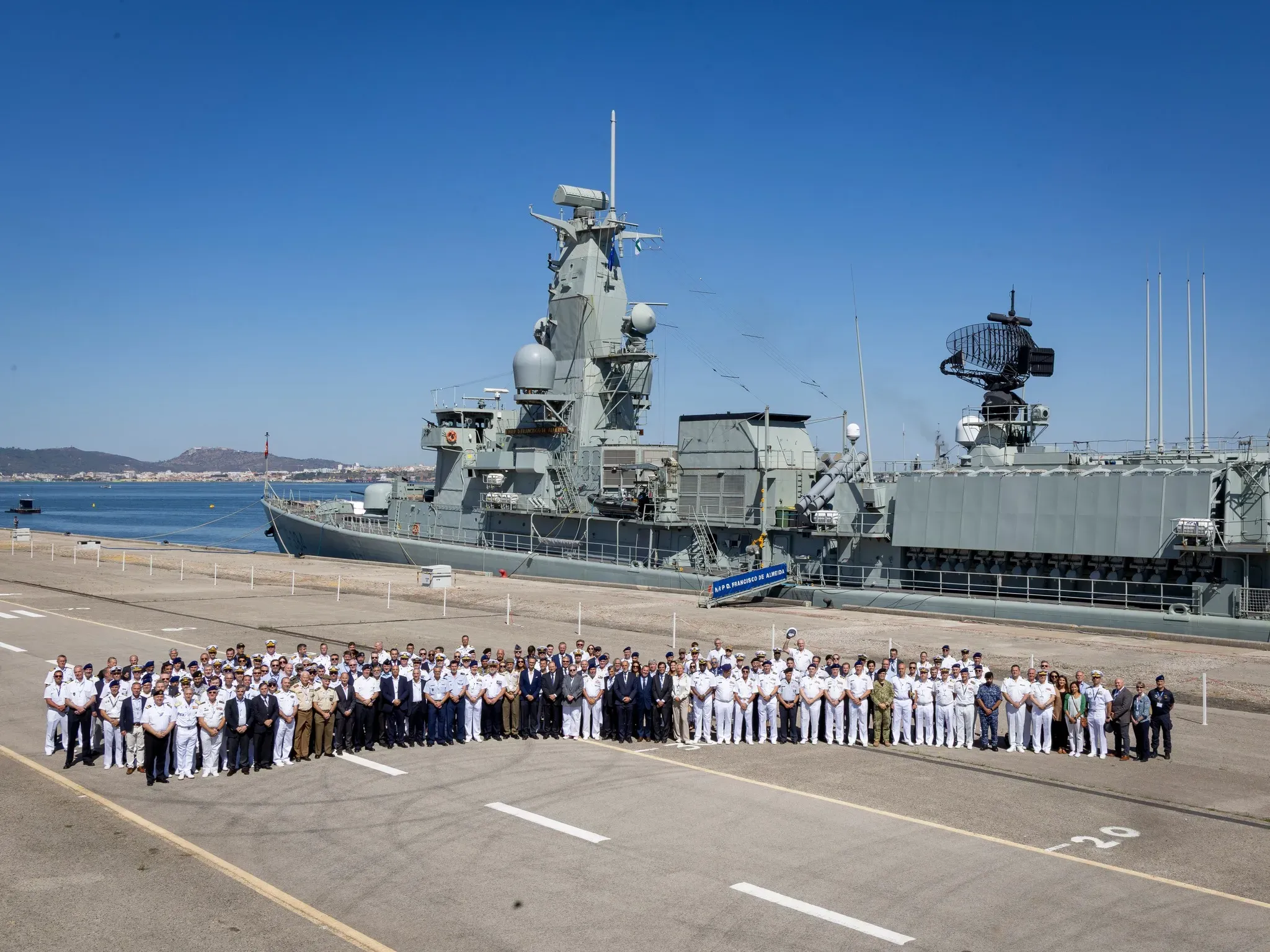Ukrainian Navy leads forces command in NATO exercises for the first time

For the first time in NATO history, the Naval Forces of the Armed Forces of Ukraine led the planning, coordination, and command of opposing forces (OPFOR) during the REPMUS/Dynamic Messenger 25 exercises in Portugal.
The participation of the Ukrainian Navy was supported by NATO’s Allied Maritime Command (MARCOM), the Portuguese Navy, and the NATO–Ukraine Joint Analysis, Training and Education Centre (JATEC) to evaluate the capabilities of approximately twenty NATO member states.
The exercises incorporated current trends in naval warfare. Coordination among various types of platforms was exercised, with Ukraine’s DELTA combat system serving as the core command framework for the combined team of participating nations.
The operational staff of the Ukrainian Navy coordinated the joint planning and command of OPFOR forces, which were composed of personnel from Ukraine and partner nations participating in the exercise. The joint exercises involving the Ukrainian Navy were successfully completed.
This year’s event combined REPMUS – the world’s leading exercise in maritime robotics and unmanned technologies – with Dynamic Messenger (DYMS), which forms part of NATO’s series of operational exercises.
Brigadier General Wojciech Ozga, Commander of the NATO–Ukraine Joint Analysis, Training and Education Centre (JATEC), emphasized: “By leading the opposing forces, Ukraine became not only a participant but also a driving force for innovation that directly strengthens NATO’s maritime resilience and shapes the future of collective security. JATEC is proud to contribute to this important advancement.”
During the exercise, unmanned platforms were integrated into the DELTA combat system used by the Armed Forces of Ukraine.
The integration was carried out in accordance with the new NATO STANAG 4817 standard, the testing of which was among the key objectives of the exercise – verifying interoperability, testing unmanned systems under various conditions, including electronic warfare, and training operators.
Colonel Valerii Vyshnivskyi, Director for Programme Implementation at the NATO–Ukraine Joint Analysis, Training and Education Centre (JATEC), underlined: “Ukraine’s participation in the exercise is a unique opportunity to demonstrate key trends in modern naval warfare. We are adding the realism of contemporary combat to NATO exercises, which should further encourage the Alliance to adopt innovative changes and tactics in maritime operations.”
Alongside Ukraine, naval forces, enterprises, and research centers from 26 partner nations took part in REPMUS/DYMS 2025, together with representatives of NATO’s Maritime Command (MARCOM, Northwood), the NATO Centre for Maritime Research and Experimentation (CMRE), the Laboratory for Underwater Systems and Technology of the University of Porto (LSTS), and the NATO Maritime Unmanned Systems Initiative (MUSI).